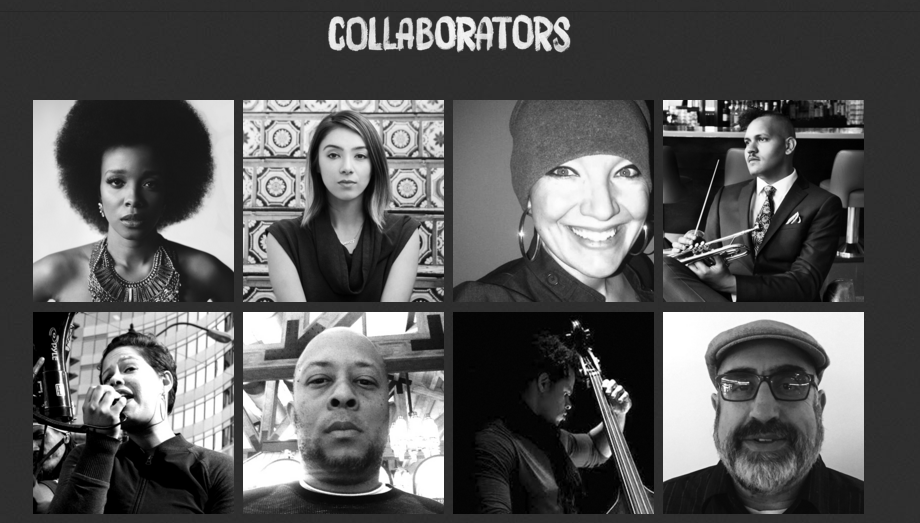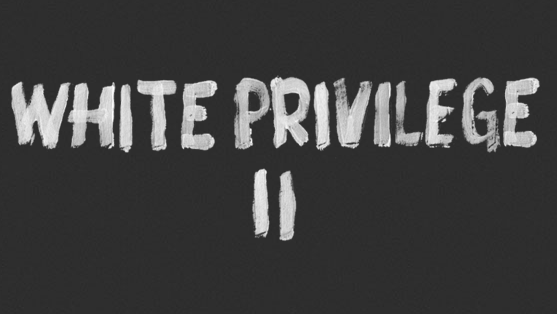Macklemore Checks His Privilege Effectively With New Song
by Justin Adams
Macklemore recently released the third single, titled “White Privilege II,” of his upcoming album. In it, he asks questions about cultural appropriation and the role of a white person in supporting “Black Lives Matter.” The song received immediate criticism for exploiting the “Black Lives Matter” movement for Macklemore’s own personal gain, but the song appears to be a genuine attempt to continue the conversation about race in America.
The song was released through a website, “whiteprivilege2.com” where it is free to download. Considering that the song is nearly nine minutes long, it’s not going to make any money through radio play, so popular claims that Macklemore is co-opting a social movement for financial motives don’t hold much weight.
Is Macklemore taking the stage away from traditionally marginalized voices who are sharing the same message? No. In fact, the song is the result of a collaboration between a number of musicians and social activists including Jamila Woods, Hollis Wong-Wear, Ahamefule J. Oluo and Nikkita Oliver, just to name a few. Their photos are featured prominently on the website. Macklemore’s face however, is nowhere to be seen.

In fact, it’s not so much a question of Macklemore occupying the social justice stage as it is Macklemore setting up another stage in a different neighborhood. He knows that his audience is primarily white people, who may or may not normally expose themselves to discussions of race relations.
One of the verses in the song portrays a Macklemore fan explaining that he’s the only rapper she lets her kids listen to, because he doesn’t talk about “the guns and the drugs, the b—— and the hoes, and the gangs and the thugs.” These kinds of people exist and they aren’t likely to be confronted with their own privilege in their normal lives.
As an artist, Macklemore has the ability to reach those people and maybe change some of their minds. He asks himself in the song, “What the f— has happened to my voice if I stay silent, when black people are dying, when I’m trying to be politically correct?”
It’s hard to define what a white person’s role should be when it comes to racial justice movements. But the one thing it shouldn’t be is silent. Institutionalized racism will only end one person at a time, and if white people are barred from participating in conversations about race, then its end will come very slowly.
One of the most common phrases of the social justice community is “check your privilege.” What that means exactly has been misunderstood and misinterpreted many times. In an article on everydayfeminism.com, Sam Dylan Finch explains what the phrase really means: “When someone asks you to ‘check your privilege,’ what they’re really asking you to do is to reflect on the ways that your social status might have given you an advantage – even if you didn’t ask for it or earn it.” This is exactly what Macklemore is doing in “White Privilege II,” and if he’s going to be condemned for doing so then I don’t see how America’s racism problem is ever going to get better.
New Single Helps Macklemore More Than Race Relations
by Elyse Jost
When asked the question, “How are we going to get rid of racism?” during an interview, Morgan Freeman calmly replied, “Stop talking about it. I’m going to stop calling you a white man, and I’m going to ask you to stop calling me a black man. I know you as Mike Wallace. You know me as Morgan Freeman.” Intense backlash ensued after Stacey Dash, a huge pop culture icon — most prominently known for her role in the film “Clueless” — declared that there was no need for Black History Month, or television channels such as BET. She believes: “We have to make up our minds. Either we want to have segregation or integration.”
In Macklemore’s newest hit, “White Privilege II,” the rapper describes the challenges he faces in being the (white) self-proclaimed face of hip-hop. What Haggerty fails to recognize, however, is that by talking about how awkward it is for him to be protesting with the Black Lives Matter group, he is effectively making it more difficult for himself to use his white privilege to advantage. Instead, he perpetuates his own white stereotype of self-centered and, quite frankly, blind living.
One of the interesting lyrics in Macklemore’s song goes: “Okay, I’m sayin’ that they’re chanting out ‘Black Lives Matter,’ but I don’t say it back.” My question is: why not? I agree with Mack; it’s hard to gauge where you stand in the race game, especially as a white, middle class (fe)male. However, one should decide how, and if, exactly, they would like to contribute to the movement towards equality before they find themselves standing in the middle of a Black Lives Matter protest. At that point, it’s time to own the movement, because if you don’t truly believe in what you’re saying then why get behind it in the first place?
Macklemore refers to the Miley Cyrus, Elvis and Iggy Azalea “brand” of music as being backwards. He boldly proclaims that the “culture was never [theirs] to make better,” all while somehow forgetting that he is playing into the same role. His new-wave synth sounds, sax solos and cutting edge lyrics somehow take him back to the original roots of hip-hop? I don’t think so.
We’re not going to close the social gap between races by writing about how hard it is for you in your attempt to be relatable in black culture. Instead, we should be focusing on how to learn more about and from each other; how to further our future peace-making efforts and work on inequality in society as though we are all experiencing unfair advantages (this is the only true way to get everyone on the same page). If you’re going to fight for equality and justice, then commit to it wholeheartedly. Macklemore didn’t do that in “White Privilege II.” Instead, he lackadaisically embraced a popular social movement in order to further promote himself. Macklemore describes his own selfish questions of whether or not he’s “allowed” to be involved in the Black Lives Matter movement, directing the focus away from the cause and on himself. Besides, why wait for permission when he could, rather, be using his popularity to unabashedly bolster the voices of those he is supposed to be speaking up for?






















